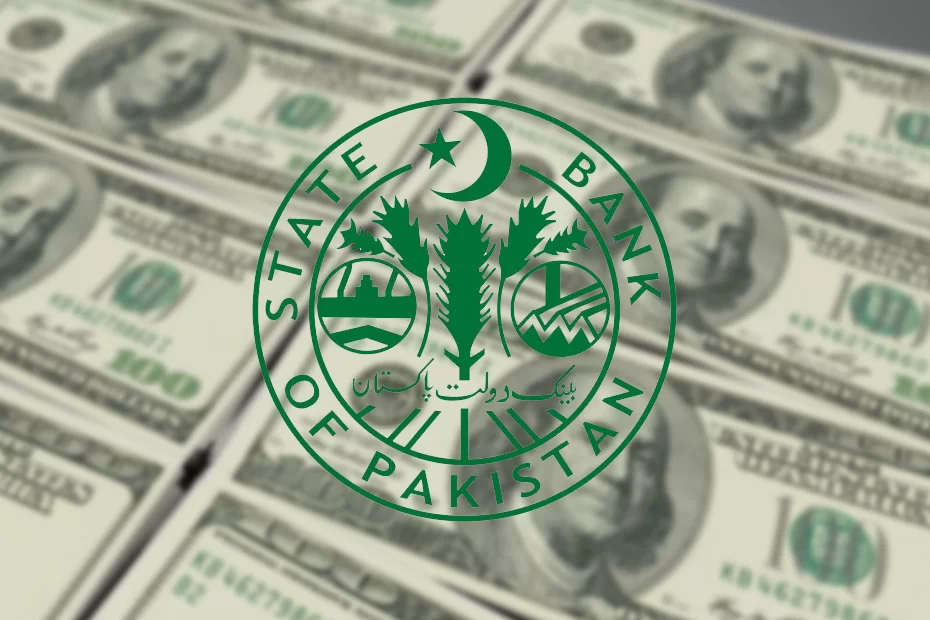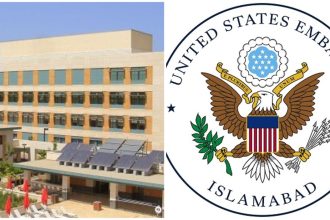As Pakistan struggles to raise its economy amid a stalled International Monetary Fund (IMF) program, the country’s foreign exchange reserves, held by the State Bank of Pakistan (SBP), have dropped below $3 billion, reaching a nine-year low.
The coalition government is frantically attempting to renegotiate the terms of the Extended Fund Facility (EFF), which will allow Pakistan to receive more than $1 billion from the lender, with the lender’s mission in Islamabad.
In a statement, the central bank noted that as of the week ended February 3, its foreign exchange reserves had decreased to $2,916.7 million, a drop of $170 million attributed to payments on external debt.
The statement stated that commercial banks’ net foreign exchange holdings are $5,622.9 million, $2.745 billion more than the SBP, bringing the total amount of the country’s liquid foreign reserves to $8,539.6 million.
The government and SBP had hoped that friendly nations, such as Saudi Arabia, would contribute to boosting the reserves; however, to date, none of the countries has kept its promise, placing Pakistan in a precarious situation.
Imports have been hard hit due to the shrinking foreign exchange reserves because commercial banks are hesitant to open letters of credit (LCs), making it nearly impossible for businesses to survive.






